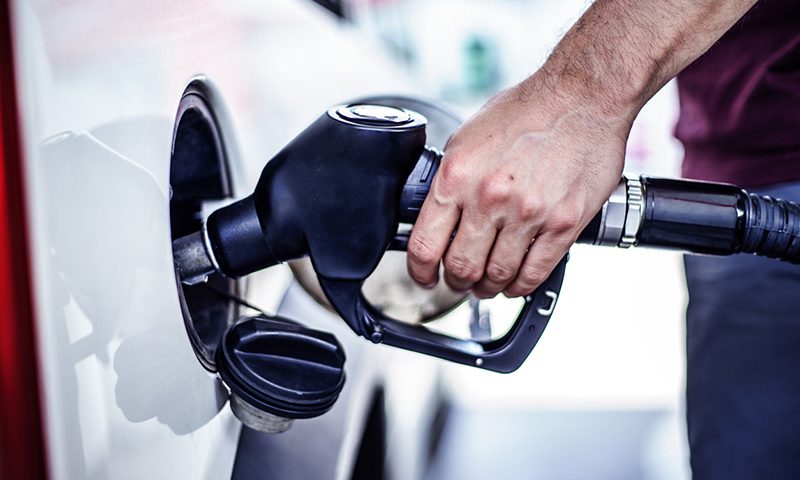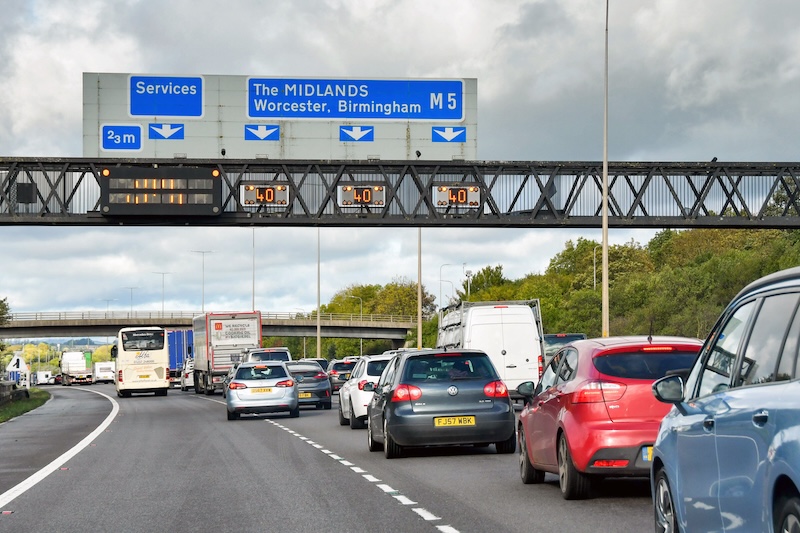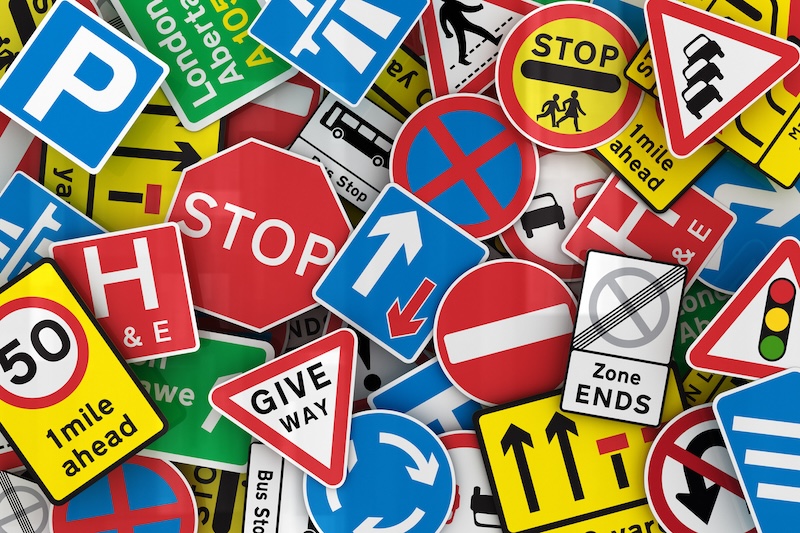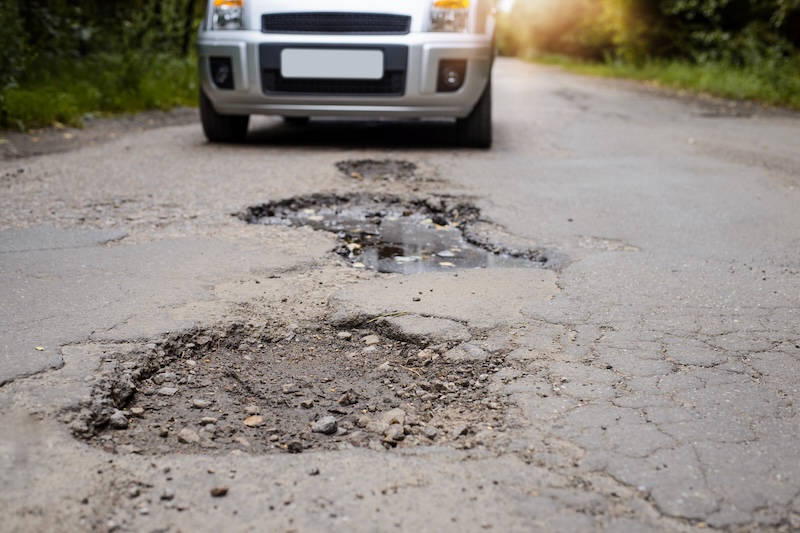Fuel pumps are a hotbed for diseases

Motoring experts have warned that fuel pumps could pose a high risk for harvesting coronavirus.
According to studies, coronavirus can survive on surfaces for between four to five days.
With the coronavirus threat still on the rise, motorists are being urged to take precautions when filling their cars.
Bacteria hotbed
Scientific data shows that fuel pumps pose a high risk for carrying viruses, with few motorists using gloves or disinfectant when filling up.
In 2011, an American survey found fuel pumps to be the most infectious object used by the public, posing a bigger threat than escalators, cash machine buttons and vending machines.
Harmful bacteria found on the pumps was identified as likely to cause illnesses such as septicaemia, pneumonia and meningitis.
A separate study carried out by a travel company in 2016 revealed that petrol fuel pumps have 11,000 times more germs than a toilet seat.
Mark Tongue from Select Car Leasing said: “At this critical time, we’d urge drivers to disinfect their hands after visiting the petrol pumps and be sure not to touch your face after doing so.
“Studies have shown that the Coronavirus can survive on surfaces, without a human host, for an average of four to five days.
“In some cases, it can persist on surfaces, and remain infectious at room temperature, for up to nine days.”
Disinfecting against germs
Around 71% of petrol station pumps are thought to contain dangerous amounts of bacteria. Road users are being advised to take precautions when they stop for fuel.
Removable plastic gloves and antibacterial gels can help motorists protect themselves from harmful bacteria.
Using paper towels to grab petrol pumps is another way to decrease the risk of coming into contact with germs.
Mark said: “How many of us bother to wear the protective, disposable gloves available on most forecourts when filling up?
“And how many of us also fill up our tanks before heading into the shop to buy a bag of crisps, a sandwich, or a pasty, before eating the snacks in our vehicles?
“Habits like these leave us highly vulnerable to becoming very unwell indeed.”
Bacteria can grow on all sorts of surfaces, including children’s car seats. A recent survey showed children’s car seats are dirtier than toilet seats.


